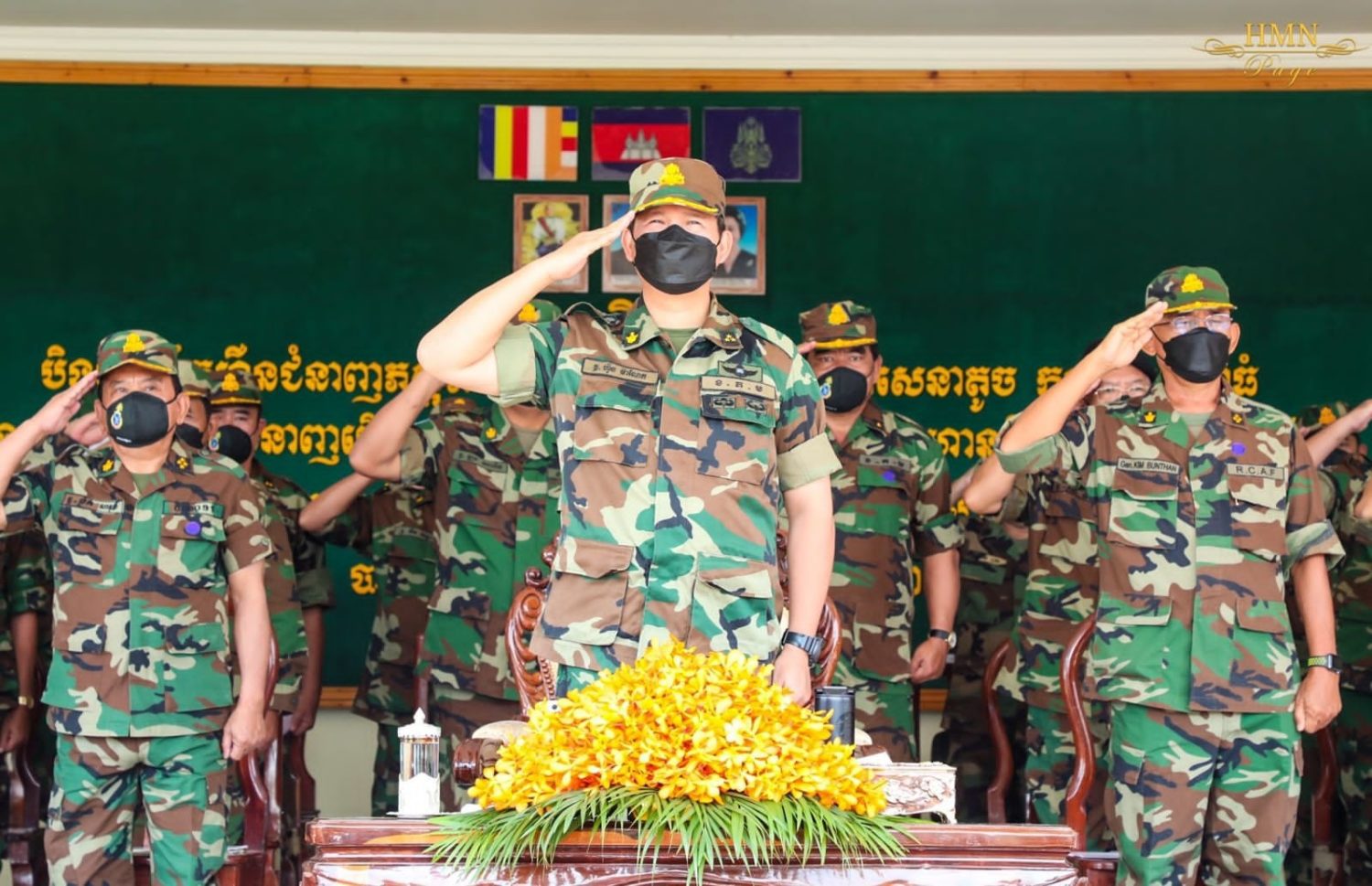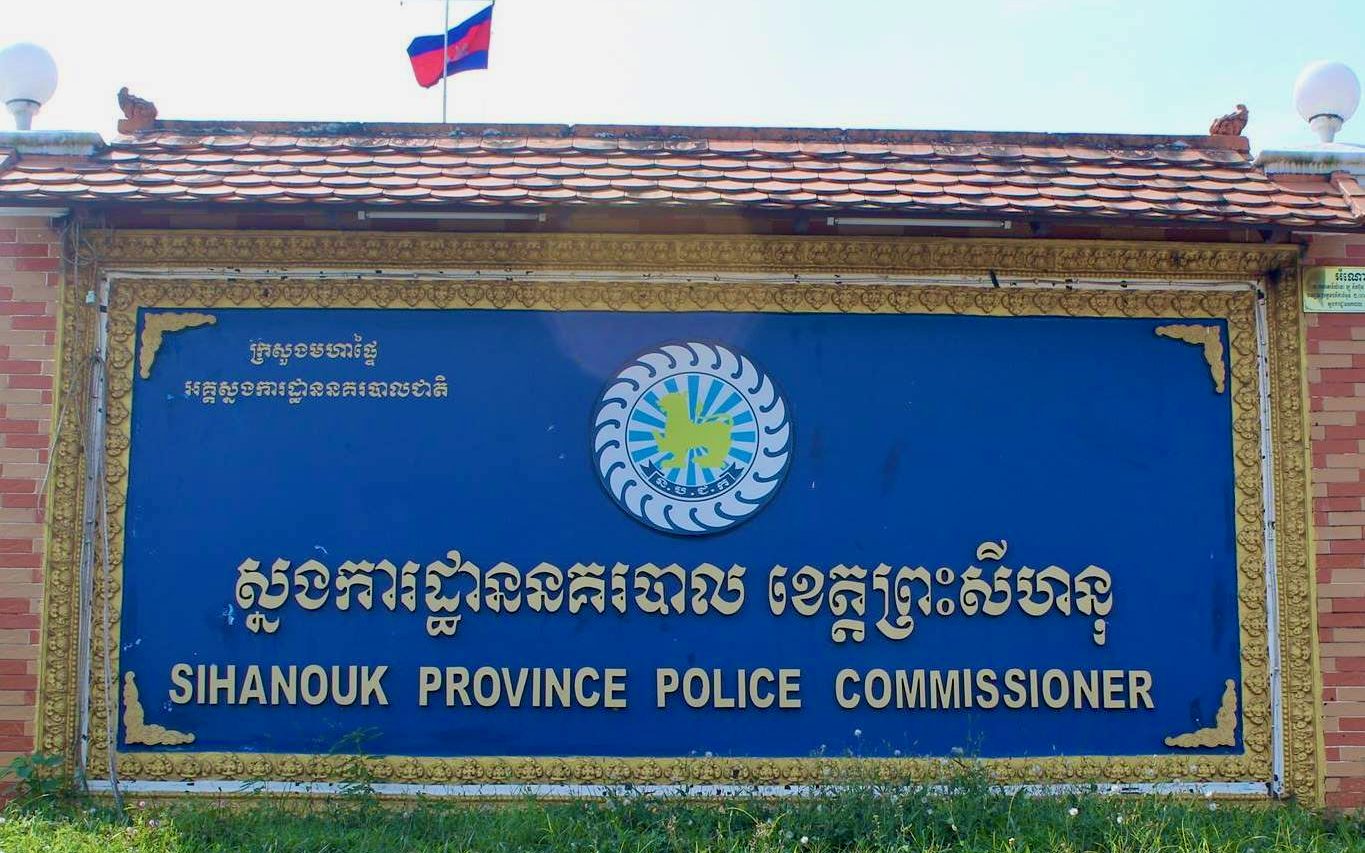Battambang authorities have asked more than 50 families to stop farming red tilapia in the Sangke river, claiming it could pollute the water and slow the waterflow into a nearby dam.
Battambang provincial governor Sok Lu said farmers in Kampong Ampel, a largely Cham community located in Sangke district’s Wat Tamim commune, are required to take down their fish farms to avoid pollution. He was not sure of a deadline.
A recent report from the provincial environment department and water supply authorities showed low water quality from the fish food used in the fish farms, according to Lu, possibly the result of an increasing number of fish ponds and this year’s low water levels.
A recently-constructed dam about six kilometers downstream called Sala Ta On was receiving decreased water flow in part because of the pollution, he said.
“First step, we would give them until they can harvest their fish,” Lu said. “And then ask them to find other places to set up their farming.”
“I traveled along the river a month ago,” he added. “And I can see the water has started being smelly. It is not too much, but we have to take action quickly.”
Im Svang, Wat Tamim commune chief, said the provincial administration had told him earlier this week that the fish farms needed to be demolished, but he had yet to share the information with farmers.
“I am not sure what action will be taken after that or what can be changed. But for now, there is an official statement asking farmers to stop doing fish farming. And that is the latest news we have,” he said.
Svang added that he had been told the topic came up during a meeting last month, that he did not attend, between the provincial governor and local Sangke authorities. The district governor also came to visit the area around the same time, during which he said fish farming “does not really affect the river,” according to Svang.
Farmers who had heard about the potential order sent a letter on January 19, 2023, to the provincial governor asking to keep their fish farms, but have not received a response.
Sos Merk, Kampong Ampel village chief, said that villagers first began fish farming in the river around 2019. At first it was just five families, but in the last two years, the number has seen a rapid increase, with 52 families out of the village’s 80 operating the farms.
All but a few families are Cham, and those with fish farms are raising red tilapia. They started farming after naturally occurring fish populations started to dwindle in the river.
The village chief said the business “barely affects the river” and there are no complaints from other people living nearby. “It is not like catfish that eat raw food that can make a bad smell or pollute the water. So I do not think that it can pollute the water or make the water smelly,” Merk said.
“If the water is polluted, they cannot raise their fish, because the fish need clean water too,” he added.
Mat Yem, 51, a fish farm owner and a representative of the local Cham community, said that the lack of fish had made surviving difficult for the families. Some had emigrated to Thailand to find other work.
“Those who are my age cannot go that far away, so we decide to do the farming here,” he said. “This business requires a lot of capital. So most of us have borrowed money from the bank to do it.”
He said he farms on four side-by-side ponds, forming a rectangle about 4 by 36 meters in size. Red tilapia takes five to six months to harvest, and like his neighbors, Yem typically sells his fish in the local market for about $2.50 a kilo.
Yem and his fellow farmers had never faced questions or problems from authorities until last month. He isn’t sure when the villagers are supposed to move out, but was told by the commune chief it may be sometime in June.
“We haven’t received any more information yet. So farmers will continue to raise the fish as normal,” Yem said. “But if we really have to move out, I do not think we have any other places to farm. That would be difficult for us.”













